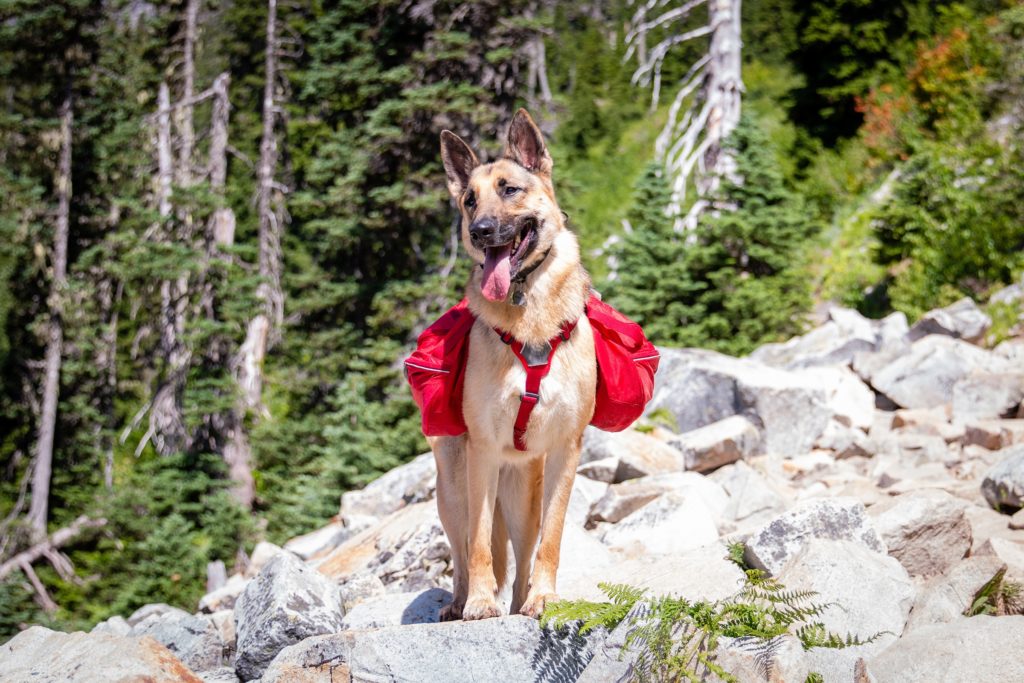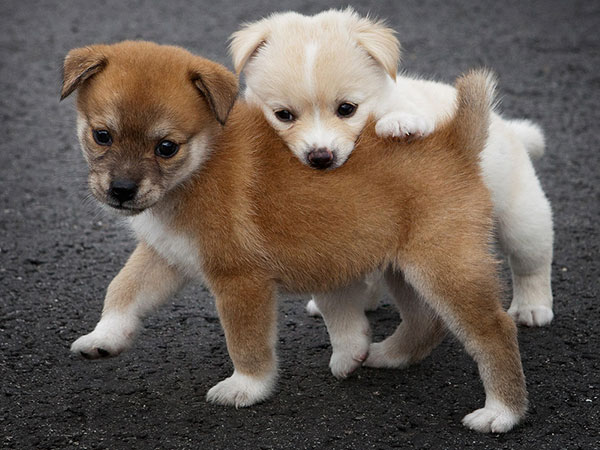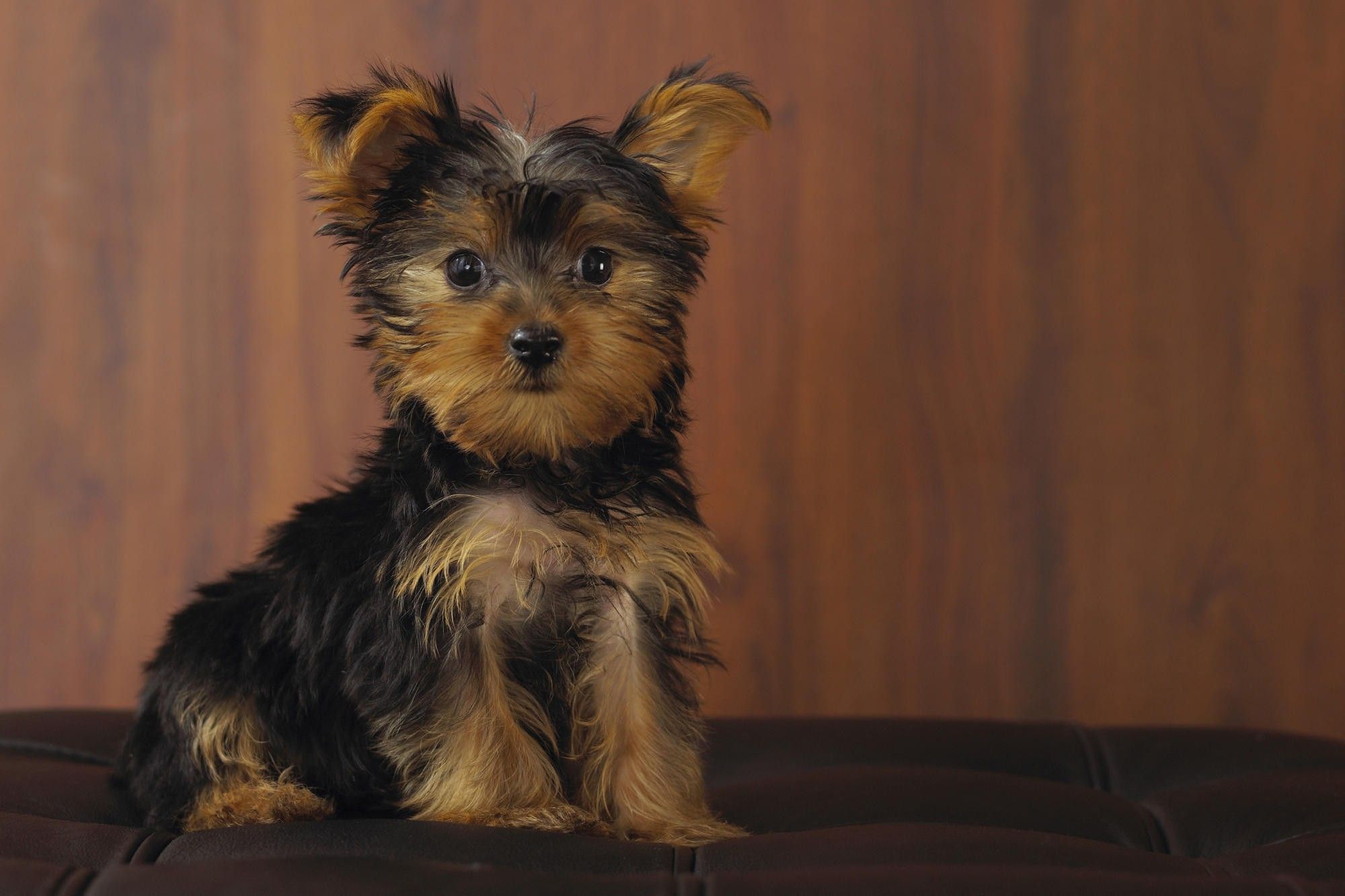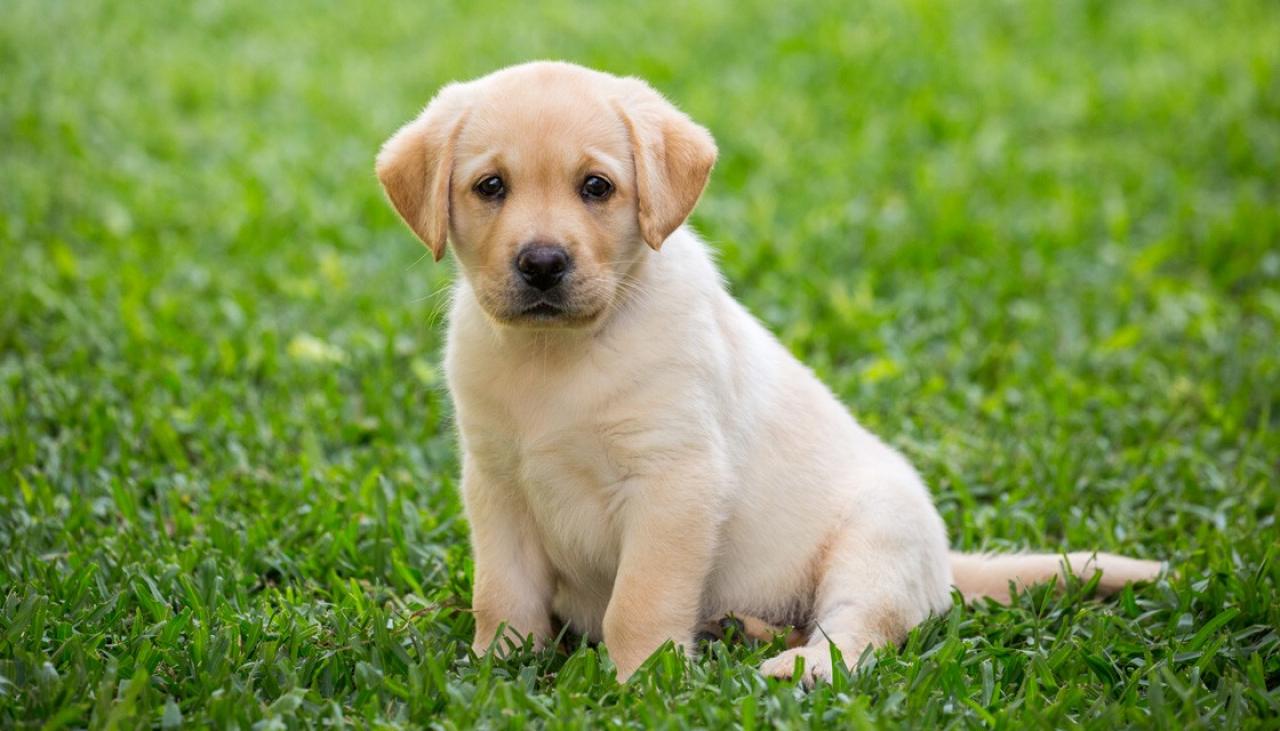One of the most enticing qualities of the German Shepherd is its ability to be trained; In this article, we discussed how to train a German Shepherd to protect you. German shepherds are known to be one of the greatest breeds for training. It may take some planning and training, but they are one of the best breeds for training. Because they are committed to their owners and love pleasing them, they are often willing and able to meet you halfway.
It’s important not to ask too much of your German Shepherd too soon when training it. If you put too much pressure on it, it is more likely to fail the assignment and learn nothing. Instead, starting with a simple activity in a distraction-free environment and gradually increasing to one with interruptions would be beneficial.
Many individuals wish to buy a German Shepherd for a variety of reasons, ranging from improved security to intelligent pets to affection. Many individuals, however, inquire about their training, asking, are German Shepherds difficult to train? German Shepherds, based on their history and physique, are exceptionally clever and attentive canines. in this article, we will discuss the Training German Shepherd – Hard to Train or Easy To Do So?
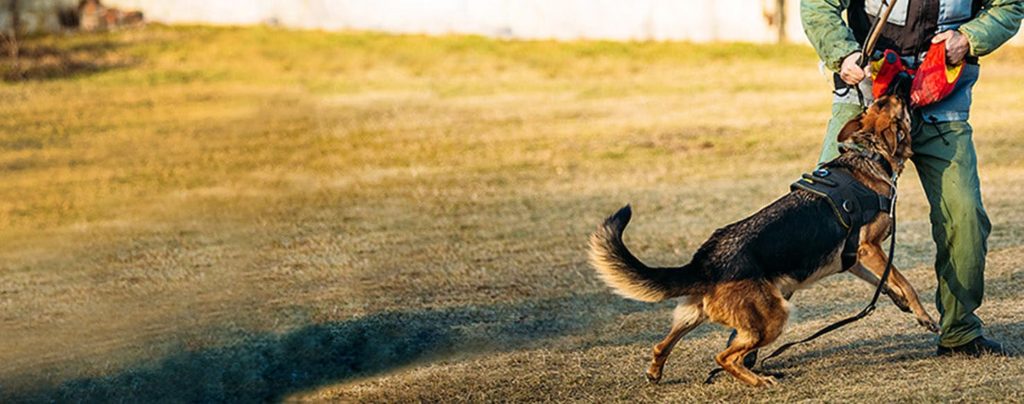
The first three months after you bring a puppy home is crucial for teaching him some basic rules. In his first few months, you should teach him some basic house rules, such as house training. Teach him how to avoid injuring himself at home. As he grows older, you can start teaching him how to eat properly and keep his surroundings tidy.
What To Considered Before Starting the Training German Shepherd
Shepherd German Dogs are high-energy animals who require a lot of daily activity to stay physically and emotionally fit. A German Shepherd should exercise for about 3 hours every day on average, which is the best technic in training german shepherd. You can give your German Shepherd all the love and food you want, but he will never be satisfied. You won’t be able to exercise or play with him if you don’t let him.
At least two one-hour walks per day are required for your dog, and even this is insufficient for many working dogs. If this is not done, your pet is at risk for health issues such as obesity and joint problems, as well as behavioral difficulties such as stubbornness. Before working on teaching orders, try to exercise them so that they are calmer and more focused on their learning.
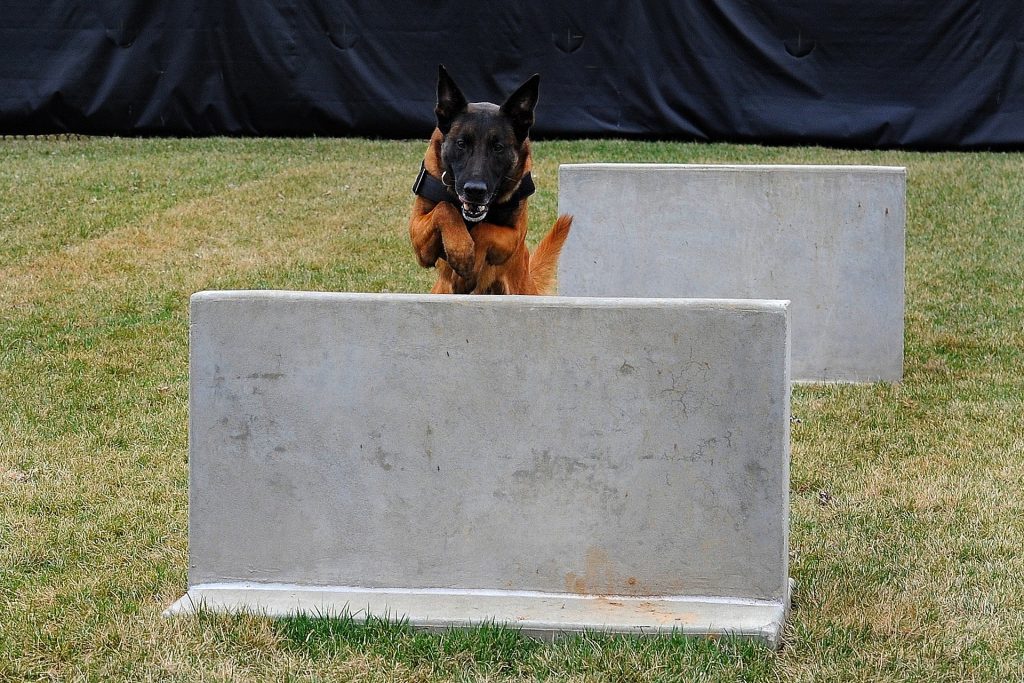
Mental stimulation can assist a stubborn German Shepherd to relax and become more engaged with you, reducing stress in both of your lives. Your German Shepherd may not be stubborn; instead, he or she may require additional enrichment and mental stimulation. You must also consider their mental development needs because they are one of the world’s smartest breeds. Increase your German Shepherd’s mental exercises and mind games instead of letting him acquire negative habits due to boredom and a lack of mental stimulation.
This breed’s need for proper socialization cannot be overstated. Confidence is the bedrock of most training. From a young age, it is vital that the German Shepherd Dog puppy is thoroughly socialized. It is vital for the puppy’s development to be exposed to new sights, sounds and smells in a safe manner. Confidence comes from good socialization. Allow your German Shepherd Dog to get to know you and your family to start socializing with her. It’s very crucial for your dog to learn which strangers are kind and which are not.
How to Train a German Shepherd to protect you
Training or Train a German Shepherd to protect you requires a combination of obedience training, socialization, and specialized protection training. 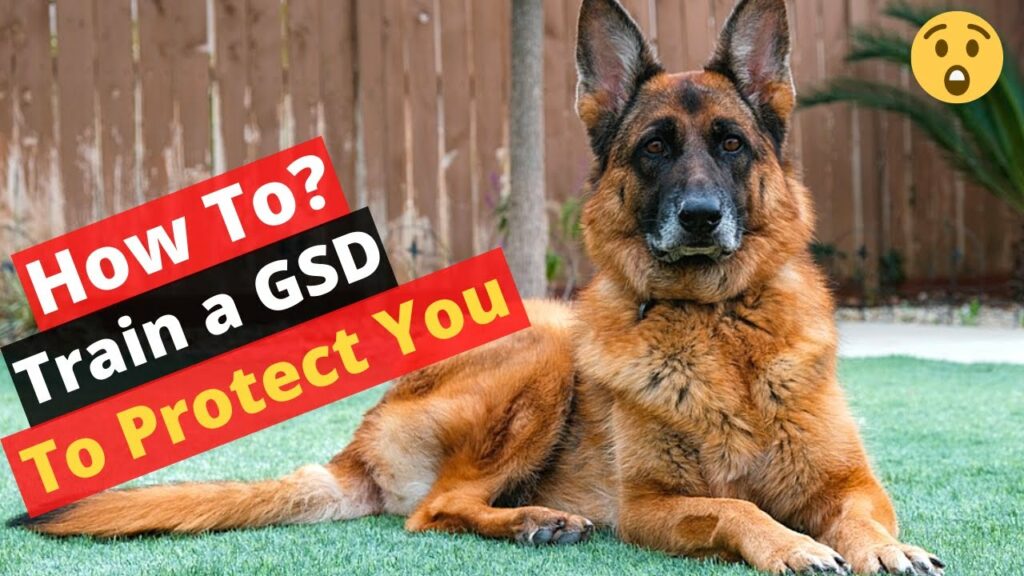
1. When a dog does something wrong, you can use negative reinforcement training to reinforce it by providing it with things it wants. This is why it’s a good idea to start with simple activities and work your way up from there. This is one of the first step to consider when Training German Shepherd
2. This is one of the second step to consider when Training German Shepherd is to Make sure your dog gets enough exercise. If you have a highly lively German Shepherd, you will likely discover that a one-hour walk is insufficient.
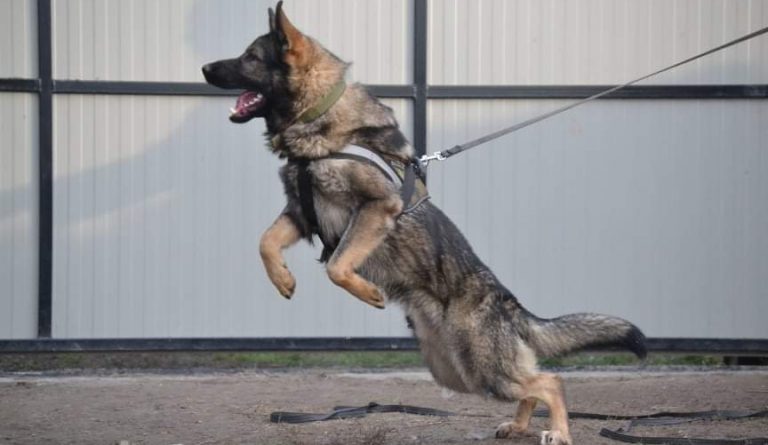
3. It’s tempting to reprimand your German Shepherd for not following instructions. It is strongly urged that you should not do so. If you punish it, it will most likely have no idea why you are punishing it and will be less likely to listen to you, which makes it the third step to consider when Training German Shepherd.
4. It’s crucial not to ask too much of your German Shepherd too soon when teaching it. If you put too much pressure on it, it is more likely to fail the assignment and learn nothing. Instead, starting with a simple activity in a distraction-free environment and gradually increasing to one with interruptions would be beneficial, On the final phase in training German Shepherd.
how to train a german shepherd puppy not to bite
Training a German Shepherd puppy not to bite is an important part of their development and socialization. With proper training and socialization, your German Shepherd puppy can learn to control their biting impulses and become a well-behaved adult dog.
how to train a german shepherd to attack
We have it that the German Shepherd has the long serving history in protective roles for people and other animals, keeping families safe which give them edge over other dogs.
Training to build up a great and guard dogs, your German Shepherd need strong affirmation, positive and always socialization training.
It’s not just about training your German shepherd to attack during the process of how to train a German shepherd to protect you – it needs to know what, when, and how to attack.
how to train a German Shepherd Husky Mix Puppy
When making out plans on how to train a German Shepherd to protect you, Training a German Shepherd Husky mix puppy requires patience, consistency, and positive reinforcement
Here are some general tips to help you get started:
- Set Up Bathroom and Feeding Plans
- Socialize Your German Shepherd Husky mix puppy Early With Exposure.
- Reward Your German Shepherd Husky mix puppy Good Behavior.
- Teach Your German Shepherd Husky mix puppy Its Name.
- Use Friendly Ways To Draw Your German Shepherd Husky mix puppy Attention.
- Be Your German Shepherd Husky mix puppy Pack Leader
How to Potty Train a German Shepherd Puppy
How to potty train a puppy German Shepherd is similar to potty training any other breed.
Here’s a step-by-step guide to help you with the process:
- Prevention is Key. Establish a designated potty area, Set your phone’s alarm to remind you to take your puppy outside every 2 to 3 hours.
- Create a schedule to Teach Them to Love Their Crate.
- Supervise closely to Use Puppy Pads.
- Use a Command to Teach Them a Potty Routine.
- Know Your Puppy’s Potty Dance.
- Add in a Cue with rewards and Praise.
- Prevent Accidents by cleaning it up properly.
How to train my German Shepherd like a Police Dog
Police dog training is a specialized field, and working with a professional trainer will ensure the best results.
Here are some steps you can follow:
- Start with basic obedience training
- Socialize your German Shepherd
- Develop a strong bond
- Enroll in professional training classes
- Focus on scent detection
- Train in agility and endurance
- Introduce controlled biting
- Practice obedience in high-stress situations
- Consider joining a working dog club
- Stay up to date with training techniques
Training a German Shepherd to the level of a police dog is a significant commitment, both in terms of time and effort
How to Train a German Shepherd Puppy Not to Bite
When considering on how to train a German shepherd to protect you, its also meant to factor how to train a German Shepherd Puppy not to bite at any point in time. Training a German Shepherd puppy not to bite is an essential part of their early training at 8 weeks, you are good to go.
Here are some steps to help you train your German Shepherd puppy not to bite:
- Provide appropriate chew toys to Use Special Toys for Play.
- Encourage gentle play by using soft words
- Set clear boundaries by Using Puppy-Safe Partition Gates.
- Seek professional help if needed to Engage in Structured Exercise.
While it’s natural for puppies to explore the world with their mouths, it’s important to teach them bite inhibition and appropriate behavior.
How to Train a German shepherd to attack
During the process on how to train a German shepherd to protect you, its of most priority to learn how to train a German Shepherd to Attack as well. Employ a training methods that focus on obedience, socialization, and good behavior. These training methods can help your dog become a well-rounded, confident, and friendly companion with your German Shepherd Dog Breed.
RECOMMENDED POSTS
- Overweight German Shepherd: How To Identify Them And Reduce The Weight
- Panda German Shepherd – Characteristics, 6 Comprehensive Behaviour And Health
- German Shepherd Wolf Mix – 6 Comprehensive Body Characteristics, Behaviour And Health
- German Shepherd Terrier Mix – 7 Exclusive Body Characteristics, Behaviour Caring And Health
If you like, please share it. Sharing is usually caring.

